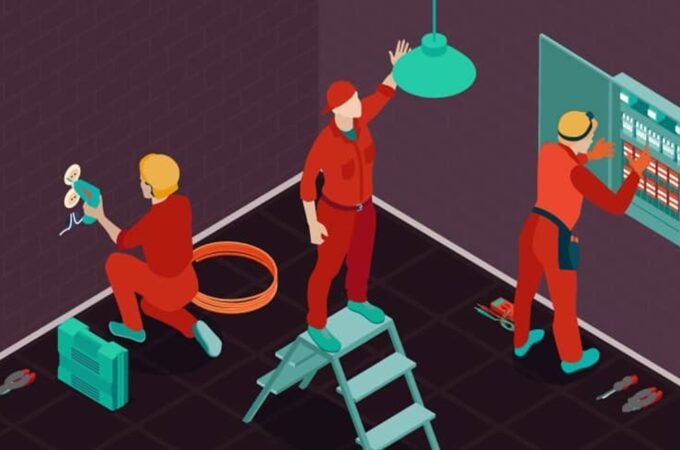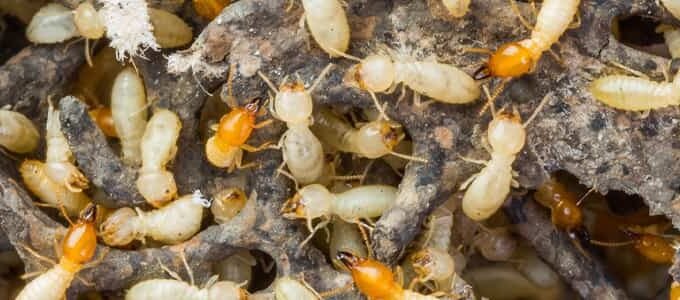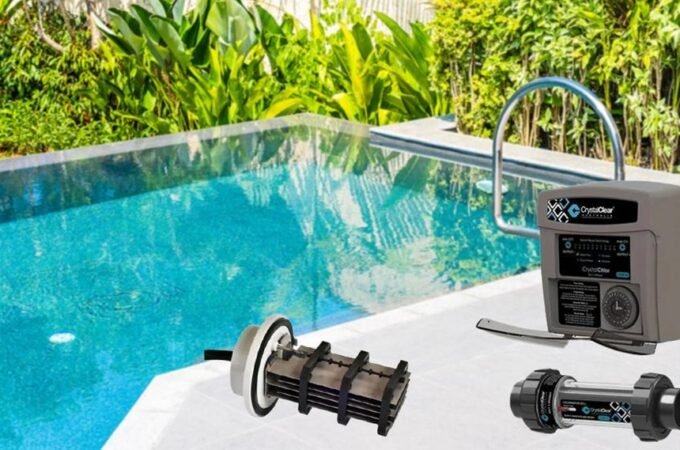
Choosing The Right Waterproofing Membrane
Water leakages in Singapore are fairly common due to the tropical weather that exists in the South East Asia region. The combination of humid environments and heavy downpours makes roof tops susceptible to water leakages. Especially vulnerable are flat roofs which do not have the same degree of slope to allow water to flow quickly off its surface. Instead, while a slight slant allows some of the rainfall to reach designated drainage points, inevitably some rain water forms puddles on the roof’s surface. Since water penetrates any porous materials, water seepage therefore begins to take place over time.
How then can owners prevent water seepage from taking place on their flat roofs? Alternatively, what can be done to protect weather sensitive structures on the roof? The answer to both questions lies in the layering of waterproof membranes.
Waterproof membrane are thin multi-layer materials that are water tight, thus preventing any water from penetrating through. Typically tear resistant, elastic, UV resistant and flexible, they can be applied to a variety of surfaces depending on the needs of the situation. Two forms of membrane are commonly applied – sheet membranes and liquid membranes.
Sheet membranes are as their name suggest ready-made sheets that can be unfolded and laid down on the roof quickly. The sheets are then stuck to the surface through the usage of hot tar based blowtorches. Additionally, their joints are sealed through overlaying of the sheets and additional heat application. Typically, these sheets are consistent in quality and their ease of application makes them suitable for large wide roofs with little complications.
In contrast, liquid membranes arrive on site in their liquid form. After which, they can be applied to the surface either through spray or brush application. The liquid then quickly cures in the air to form a seamless, joint-free membrane. Since they are liquid based, it is easy to apply this form of waterproof membrane to any surface, though more time is needed relative to sheet membranes. It should also be noted that the thickness of the membrane can be simply be controlled by the amount of liquid applied to a particular area. Liquid membranes offer the advantage of being applicable to complex structures as sheet membranes will leave gaps when applied to the same structure.
Water leakages can have severe detrimental effects on the structural integrity of buildings and their inhabitants. To prevent such, it is recommended that business owners and home owners hire water leakage Singapore companies to perform proper application of waterproof membranes on a regular basis.





